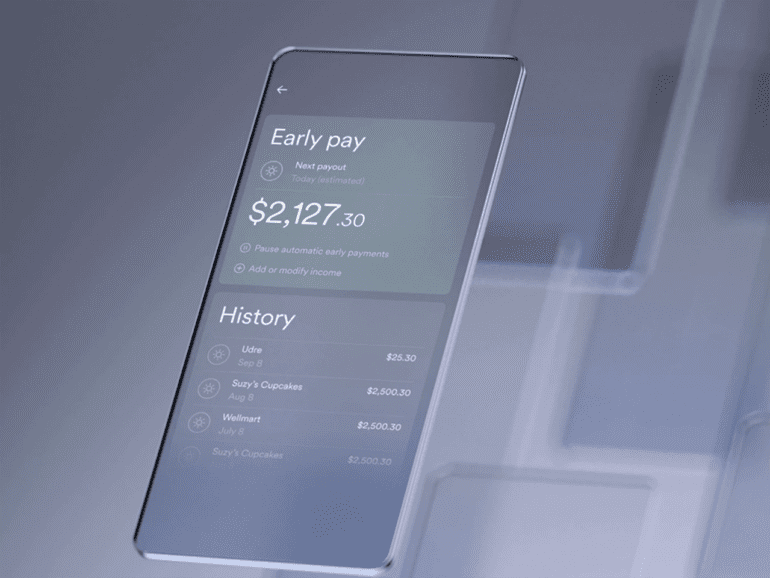The gig economy has been fantastic at putting more money in the hands of individuals seeking a side income or flexible hours.
However, it has caused significant problems for financial industries built on the assumption that most income earners work a full-time, 9-to-5, W2 job.
In 2023, reconciling the challenges with verifying income from gig work is no small matter. Pew Research states that as of 2021, 16% of adults have earned money with a gig economy platform, and 9% are actively doing so.
Those numbers are much higher for minority populations. What complicates things further is that 31% of gig workers report that this is their primary source of income, and most of them work for more than one app.
As independent contractors, gig workers get paid separately for each app they use. So while a full-time gig worker may make $45,000 a year, those wages could come from a dozen different sources.
That makes things like filing taxes or getting approved for a mortgage difficult for the worker and the financial institutions trying to assess their financial stability.
To help financial product providers deal with these issues, Argyle has created a payroll connectivity platform that provides insight into income and employment data for gig workers.
Argyle’s offering
Argyle’s platform is a back-end tool aggregating user-permissioned data on employment, income, and more.
Justin Stolzenberg, Argyle’s General Manager of Strategic Verticals, explains, “Using data accessed from Argyle’s platform, our clients offer income-tracking tools to help gig workers understand where they’re making the most money, what hours they should work, and so on. It helps them automate tax filing and get approval for car rentals with Hyrecar, which can be extremely helpful for gig workers that rely on rentals for delivery and rideshare services. Argyle’s data can even help workers access lower insurance costs.”
Argyle takes over 170 data points to facilitate gig workers’ interactions with banks, insurance providers, tax filers, and other financial institutions.
When gig workers must file their taxes or apply for a loan, they access their Uber, DoorDash, or other gig platforms from within the financial provider’s platform.
Related:
Argyle operates on the back end, seamlessly importing data from the gig economy platform to the financial provider’s, allowing banks, lenders, and others to see a complete picture of a 1099 employee’s earnings, income, and employment.
This high-level overview allows banks and other financial institutions to make lending decisions, approve cash advances, and tailor financial products to these customers.
The competitive landscape
While Argyle’s offering is revolutionary, it’s not the only one in this new landscape of payroll data aggregation.
Pinwheel, Atomic, and others have created similar platforms, though these are not catered to as narrow a niche.
“Argyle started in the gig economy in 2018, and we’ve amassed several gig-focused clients, products, and services,” Stolzenberg said.
One of their chief partners, Moves Financial, is a bank that specializes in financial services, cash advances, and loans for gig workers.
Stolzenberg notes that Argyle’s edge in the market comes from understanding and focusing on independent contractors and their financial challenges.
“We currently cover nearly 100% of the gig economy — about 26 gig platforms. By contrast, Pinwheel only covers 12. We recognize the challenges of having income coming in daily from four different platforms and in varied amounts.”
Argyle’s new, more complete connection between gig workers and the banks and lenders that serve them is symbiotic: workers gain access to a broader suite of services, and financial institutions gain additional, vetted customers for loans, insurance, and other financial products.



